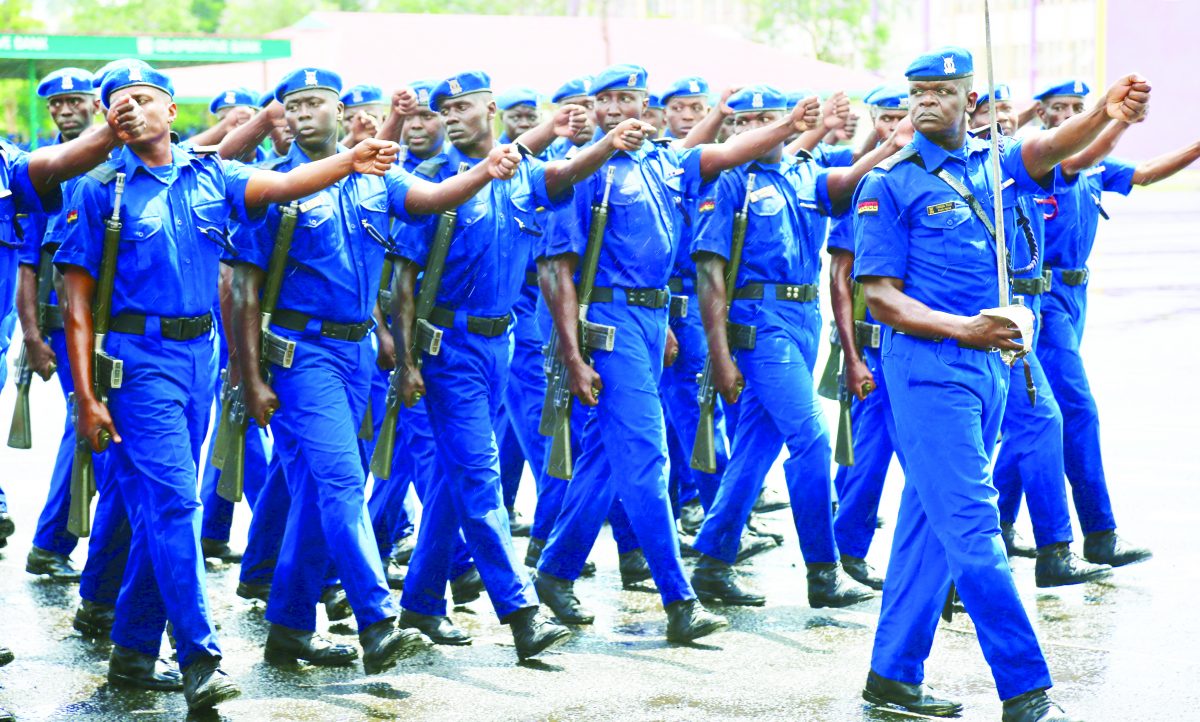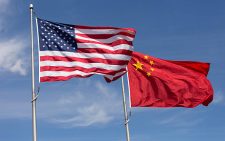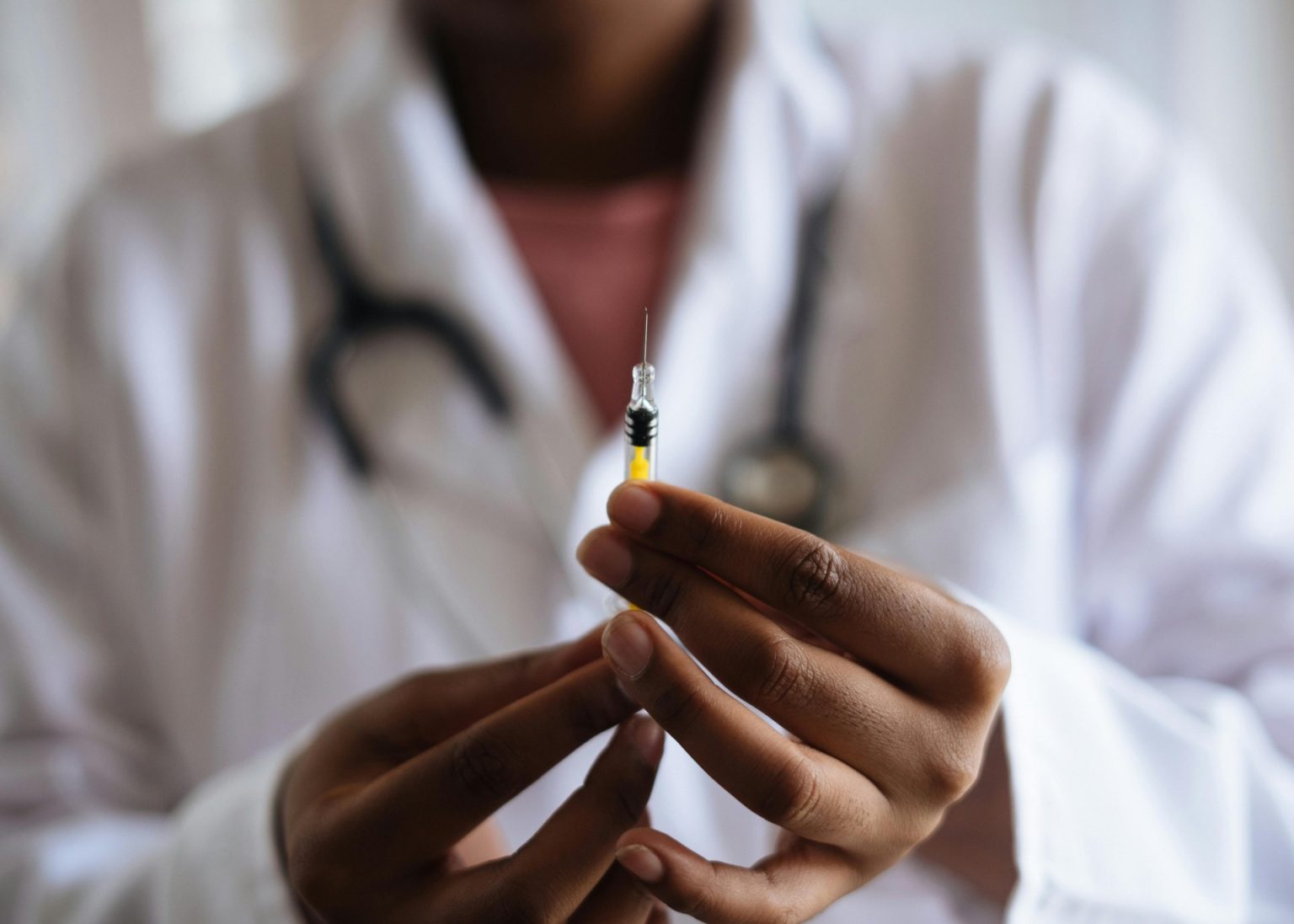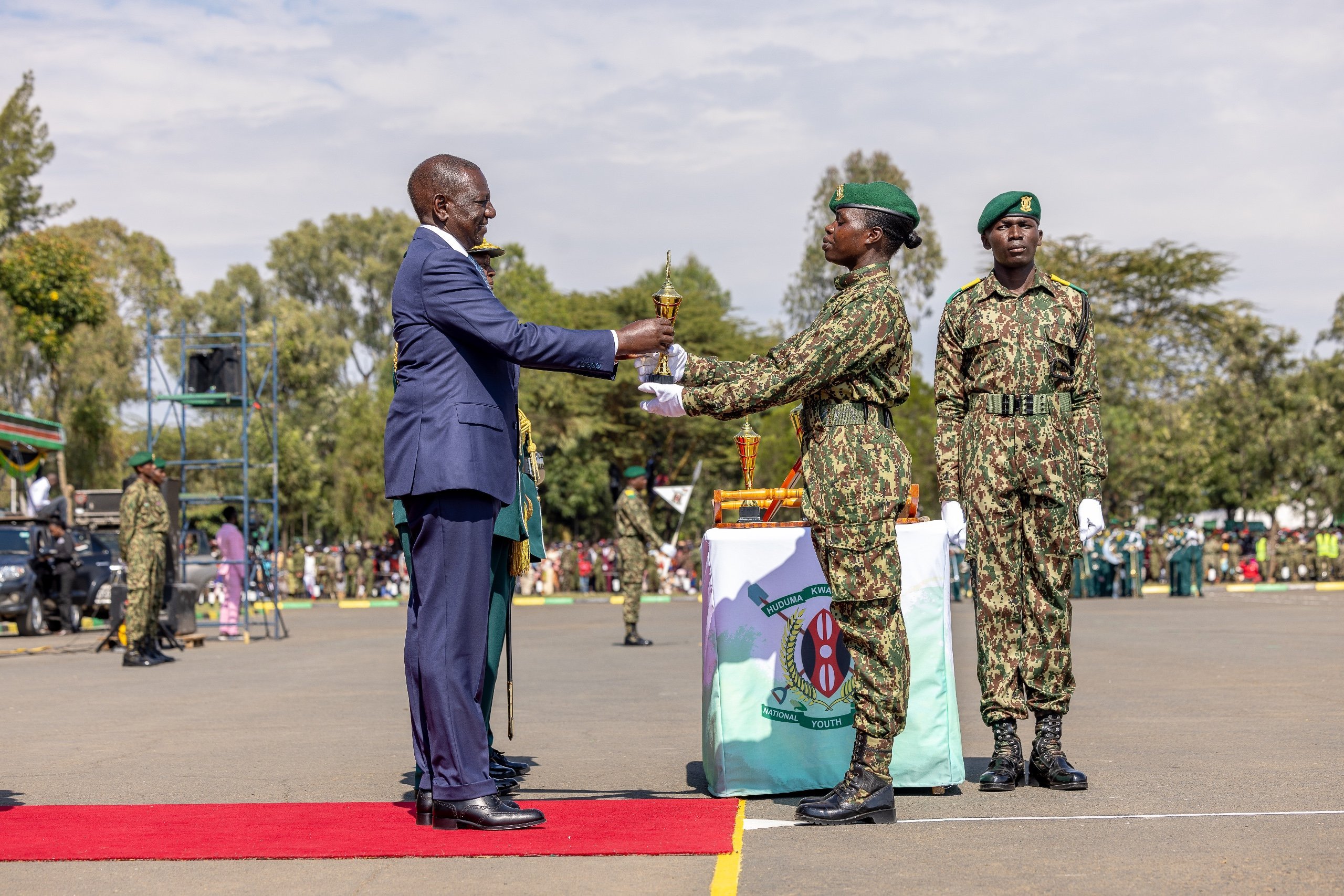Revealed: Inside Kenya police officers deadly Haiti mission

The Kenya police officers will have to use robust force to disarm and neutralise the Haiti gangs which are armed with sophisticated weapons and have in the past overpowered the local police.
Preliminary reports indicate the Kenyan team is likely to face a number of challenges including unfamiliar terrain, language barrier, resistance by a section of the local population and the gangs.
The situation is exacerbated by the fact that the ability of the security agencies to maintain law and order has reached a historic low.
The country is not war-torn, but killings, civil lawlessness, gang violence, drugs, kidnappings, looting, extortion and rape have been on the increase rendering the local understaffed and under-resourced police ineffective.
The first months of 2023 observed a steady increase in major crime trends and gang related incidents.
The number of reported homicides for 2022 increased by 35.2 per cent since 2021, with 2,183 victims reported during the year (including 163 women and 22 girls), compared with 1,615 (including 93 women and 19 girls) in 2021.
More than 950 have been kidnapped and another 902 injured, according to the most recent UN statistics.
According to the Foreign and Diaspora Affairs Cabinet Secretary Alfred Mutua and Interior ministry officials, the force will not operate under a United Nations (UN) flag, but is sponsored by the United States.
UN Charter
It is expected to assist Haiti’s understaffed and under-resourced police department, with only about 10,000 officers for the nation’s more than 11 million people.
The mission is compared to a peace enforcement and not peacekeeping where they will be allowed to use force. Under Chapter 7 of the UN Charter, peace keepers are allowed to use force.
Though the Kenyan officers will work closely with the Haiti police, the sharing of intelligence will be somewhat hampered.
The gangs have the support of the local informers and any flow of information will be to the advantage of the Kenyan troops.
Details of the allowances to be paid to the officers have not been revealed but sources told People Daily the Kenya government will negotiate with the sponsoring partners to determine the allowances to be paid to the officers.
Human rights
UN Secretary General Antonio Guterres, in an earlier briefing, confirmed that the Kenyan team will, if need be, expected to use robust force to disarm and neutralise the gangs in order to restore order.
The gang leaders are against the mission, saying Kenya is doing the US’ bidding, adding that the previous interventions by the US were not welcome and seen as interference.
Other leaders have also said the Kenya police were known for human rights violations. Amnesty International has also written to the UN Security Council saying the officers are likely to abuse human rights.
The current insecurity witnessed escalated after the July 2021 assassination of President Jovenel Moise.
Following the death of Moise, the current Prime Minister Ariel Henry took over but some of the gang leaders see him as an illegitimate leader supported by US, and other Western governments, to advance their interests.
“Haiti being Francophone, there is the issue of language barrier. The officers will also be deployed in unfamiliar terrain, occupied by very organised criminal gangs,” a senior government official said yesterday.
Since the gang leaders have not been involved, the officers will be working with the government agencies and are likely to encounter a very poisoned and hostile ground.
It is the Government of Haiti that requested Kenya to help stabilize and bring order to their country.
The Haiti National Police (HNP) was created in 1995 to bring public security under civilian control. Initially it was part of the Haitian Army from 1912.
The HNP is, however, plagued by militarism, factionalism and corruption, and is mainly viewed by citizens as being repressive.
It officially has a force of 15,498 police officers, of which only 1,711 are women, though the number of effective officers is estimated to be much lower.
This corresponds to a low police-to-population ratio of 1.30 officers per 1,000 inhabitants which is well below the internationally recognized standard of 2.2 with further investment needed.
CS Mutua has said Kenya is currently working with other partners to get UN Security Council mandate and resolution to take part in the peace keeping mission.
The UN and supporting members are seeking to help the HNP to improve their operational capacity to combat gang violence and also increase the police-to-population ratio. Ten other nations have indicated their willingness to send troops and or finance the mission.
The Kenya Defence Forces (KDF) and the Police have been involved in similar operations in Namibia, Sierre Leone, East Timor, Bosnia, South Sudan, Somalia and the DRC.
The Haiti police have jointly undertaken many security operations with the United Nations Stabilization Mission in Haiti (MINUSTAH).
The US has pledged Sh14.5 billion ($100 million) for the mission, with the Secretary of State Antony Blinken saying the Joe Biden administration was keen on ensuring that the mission is successful.
Five Presidents
The support will include logistics, intelligence, communication and medical assistance. The mission is also expected to create room for political progress for the country that has not held elections since 2016.
A team from the National Police Service (NPS) led by the Administration Police Service (APS) boss Noor Gabow in August visited Haiti.
The team met PM Henry, members of his government and the leaders of the High Council of the Transition (HTC). The Gabow-led team also visited the top brass of the HNP for a brief on the security situation and also visited areas affected by the gangs.
The Dominican Republic has also agreed to offer assistance to the proposed UN Security Mission to Haiti, according to President Luis Abinader.
President Biden said the UN must continue to preserve peace, prevent conflict and alleviate human suffering globally.
He has also urged the UN Security Council to authorise the mission, further noting that “the people of Haiti cannot wait any longer”.
The process of recruiting the officers, training, kitting, funding and dispatching the officers is expected to begin soon.
Some Kenyans have also objected to the deployment.
Former presidential candidate Ekuru Aukot, for example, wondered how 1,000 police officers will vanquish “200 armed gangs who have so far killed five of their presidents, including the founding president”.












